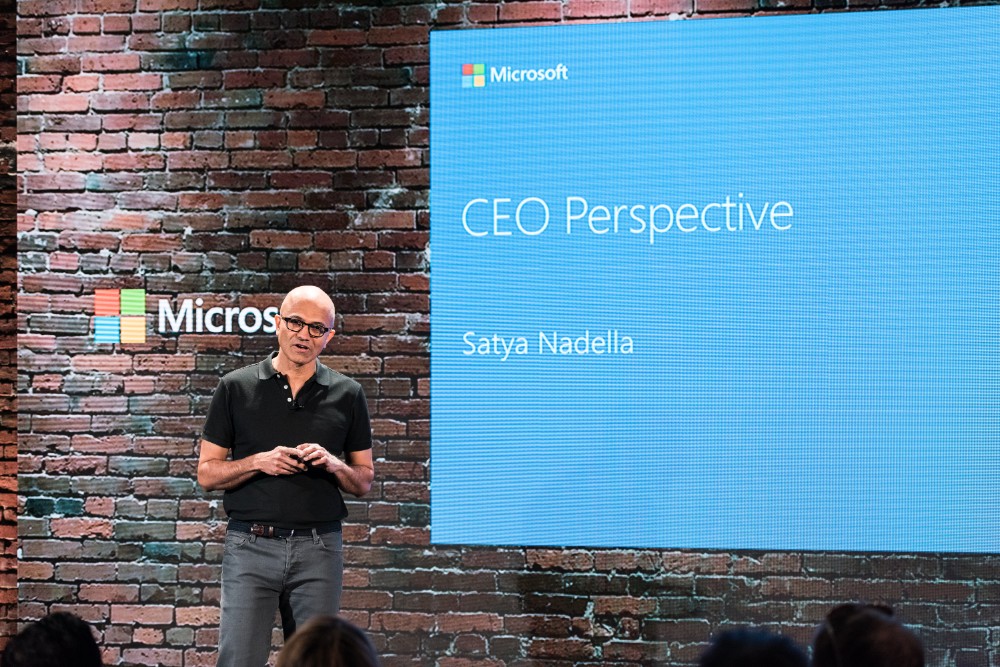On August 10th, 2015, Maren Kate Donovan, the CEO and Founder of Zirtual, sent an email to her employees stating that, sadly, Zirtual was defunct. Up until receiving that email, no one had any idea that anything was wrong.
“I really believed Zirtual was different and I feel betrayed to be dropped so suddenly.”
— Alyson Hills-Martin, Employee
Beyond Product-Market Fit
Zirtual was founded in 2011 by Donovan, who as an entrepreneur pursuing other endeavors, found herself in constant need of additional help, but lacking the financial ability to hire her own employees. She began outsourcing assistants virtually, at a fraction of the cost of in-house help, to tackle small tasks. Donovan realized there were likely many others who needed an assistant, but who weren’t in a position to hire full-time. As a result, Zirtual was launched as a matchmaking service where business owners could hire assistants working as independent contractors (ICs). The business owners bought hourly packages, and the assistants got a 50% cut.
Zirtual entered the market relatively quietly, accepting clients on an invite-only basis. Even though outsourcing was not a new concept, Zirtual felt a little different: their assistants were U.S.-based and college educated. Its collaborative consumption model fit in well with the increasingly common sharing economy seen in companies like Uber and Airbnb, and their service met a growing demand for affordable help.
In January 2013, business was able to ramp up when Zirtual acquired $2 million in seed funding from Zappos.com founder Tony Hsieh, the VegasTechFund, and the Mayfield Fund. Everything looked promising; in fact, Zirtual was praised in September 2014 for scaling appropriately by growing the business the first year and a half without funding, and only seeking venture capital once they had a proven business model.
Success Starts to Hurt
With success and scale came new challenges: the network of contractors grew, as did the need for scope, boundaries, and consistency from one assistant to the next. In May 2014, the company decided to switch from a contractor to employee model to provide a more stable work environment for their assistants, avoid any legal concerns surrounding the IC model, and to attract new hires. New “Zirtual Assistants” (ZAs) brought on after this switch were given modest hourly wages—a pay cut for most of the former contractors—but were provided guaranteed hours, health benefits, paid time off, and the promise of growth opportunities.
At the same time, press praising Zirtual’s employee model helped to increase demand, pushing Zirtual to quickly hire over 200 employees between November 2014 and May 2015. Zirtual’s internal support staff also grew, adding a client happiness team to onboard and align new customers, a “nerdz” team for IT support, a payroll and HR department, and a “learningz” team to train new assistants.
Another Victim of “Scaled to Death”
Zirtual succumbed to several of the key problems startups face when scaling:
- An unsustainable business model. Zirtual’s decision to hire full-time employees was admirable and well-intended, but the underlying financials were unsound. As an employee, I enjoyed paid holidays and time off, comprehensive benefits, a 401(k) plan, and stable, reliable paychecks—but I would rather have had a job as an IC rather than no job at all.
- Disjointed escalation: Initially, Zirtual was able to balance demand for assistants with qualified contractors, but greater publicity forced them to ramp up hiring faster than they could handle. In addition, it increased internal complexity, as support teams were now needed to manage the network of employees and clients.
- Cultural procrastination. Practicing “open and honest communication” was one of Zirtual’s core values, and Donovan herself wrote about the importance of keeping employees informed, just weeks before Zirtual’s collapse. Ultimately, though, the company was not able to live up to its ideals.
- Founder fatigue. Contrary to the media hype around solitary geniuses and invincible founders, having a solid team can help ameliorate the stress involved in managing exponential growth. Donovan herself admitted that a CFO and a board of advisors would have given her the guidance needed to avoid the crash.
Don’t Let Good Companies Go Bad
It’s easy to look back and speculate about what might have worked to save Zirtual, but the clear learning here is that every company can experience these scaling traps. To avoid similar issues, teams should conduct routine retrospectives and ask themselves:
- Are we healthy financially? How often should we review our financials, and what team members need to be involved?
- Are we prepared for growth and change? Can we “test and learn” to scale rather than taking a big bet? How do our internal support systems maintain pace?
- Can we maintain our integrity and core values as we scale? Are we actively and intentionally building a culture?
- Is our founder or leader committed to self-care? Do they have a support team that mitigates their shortcomings?













